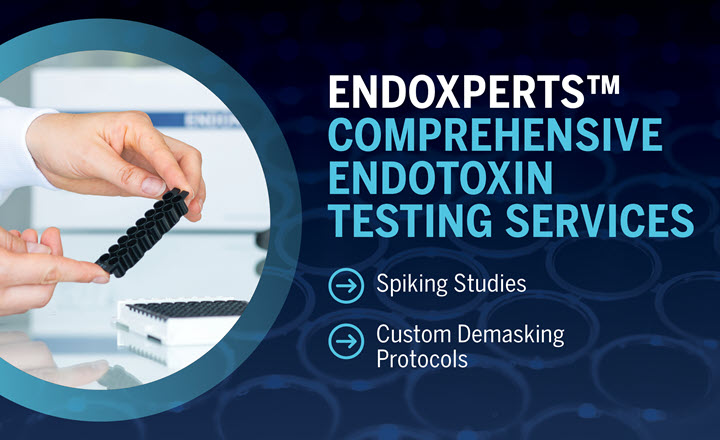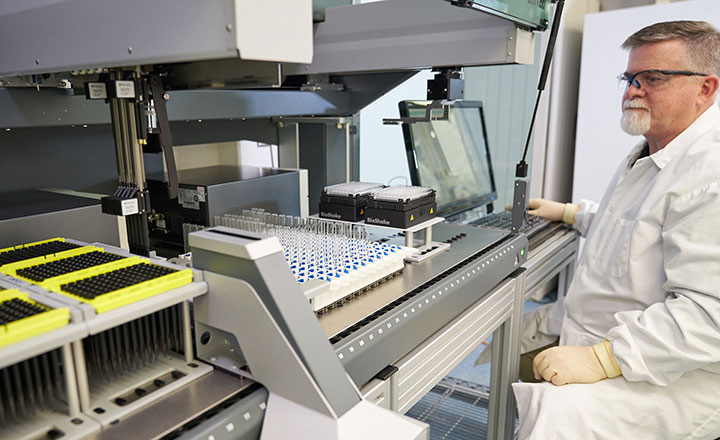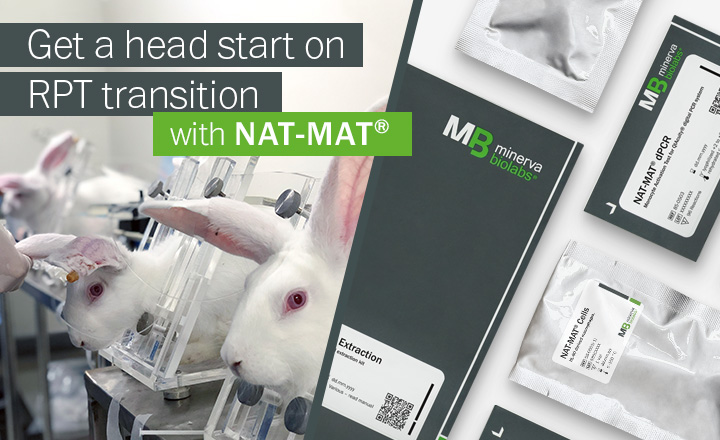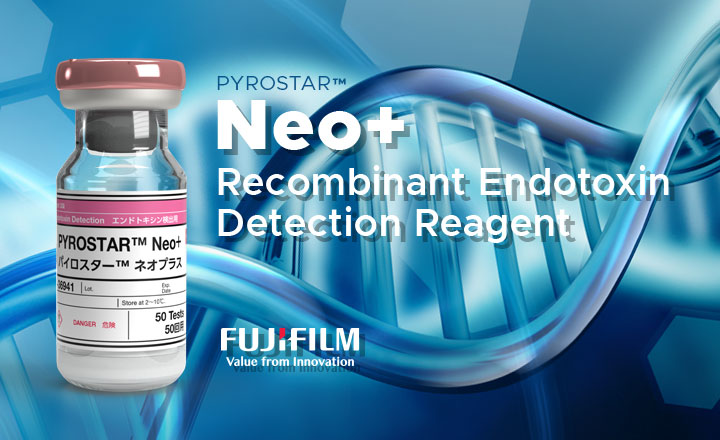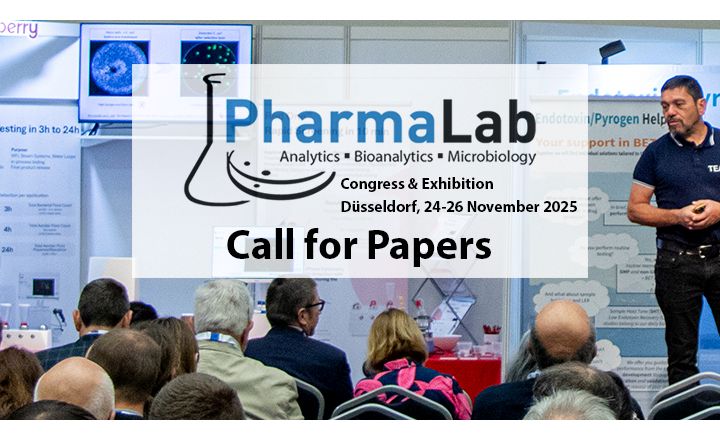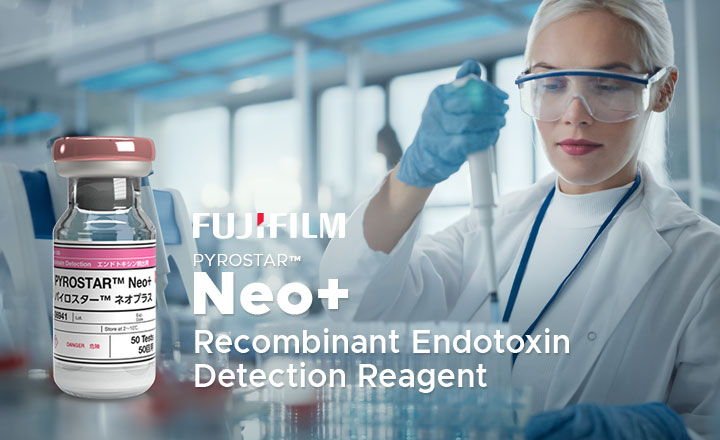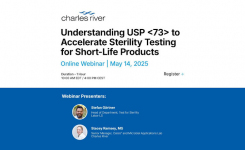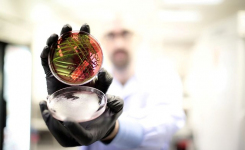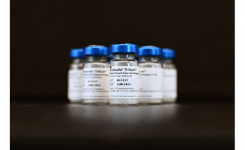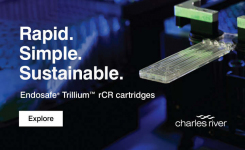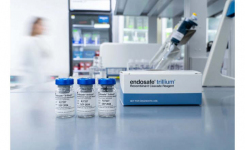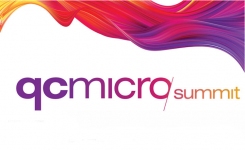Pharmaceutical manufacturers face mounting pressure to streamline their workflows, minimize errors, and meet stringent regulatory standards—all while embracing sustainable practices. The need for a more efficient and eco-friendly solution has never been more critical. Enter recombinant proteins for endotoxin testing, a breakthrough that eliminates the use of animal by-products.
What are recombinant proteins?
Recombinant proteins are engineered proteins produced by host cells based on artificially modified DNA. This technology involves cloning a target gene into an expression vector, which is then transfected into a host cell for protein production. The production process includes:
- Gene isolation and cloning: The target gene is cloned into an expression vector
- Transfection: The vector is introduced into host cells, which may be bacteria, mammalian cells, insect cells, or yeast
- Protein expression and purification: The recombinant protein is expressed in bioreactors and purified
- Formulation: The purified protein is formulated into a recombinant BET reagent
The formulation of recombinant reagents is crucial as it affects performance with different sample types. The species used for cloning, the host cells for protein production, and the buffers and excipients added by manufacturers all influence the reagents’ effectiveness.
The natural LAL cascade versus recombinant reagents
Recombinant Factor C (rFC)
The natural LAL cascade involves a sequence of three proteins activated by endotoxins, leading to gel formation, turbidity development, or a color change that indicates the presence of endotoxin. However, it also reacts to beta-glucans through the Factor G pathway, which can result in false positives. (rFC) curtails this process using only a single protein, Factor C, and a fluorogenic substrate, eliminating the glucan pathway and ensuring endotoxin-specific detection. rFC relies on fluorescence for amplification, which requires a fluorescence plate reader and precise gain adjustments of the instrument with each new reagent lot to avoid test repetitions and inaccuracies.
Recombinant Cascade Reagent (rCR)
Unlike rFC, the Recombinant Cascade Reagent (rCR) mimics the natural LAL endotoxin cascade utilizing recombinant Factor C, Factor B, and pro-clotting enzyme. This system uses a chromogenic substrate for detection, providing endotoxin-specific results without reacting to beta-glucans, leveraging preexisting equipment already being used for standard endotoxin testing methods. rCR offers robustness and comparability to traditional methods, ensuring accurate and reliable endotoxin testing.
Sustainable Endotoxin Testing
Sustainability in endotoxin testing is achievable by eliminating the use of horseshoe crab blood, a key component in traditional LAL testing. Charles River Laboratories has pioneered this journey since 2003, starting with Endosafe Microfluidic LAL Cartridges, which reduces LAL usage by 95%. The development of fully recombinant products, such as Trillium™ vials and cartridges, marks a significant step towards 100% animal-free endotoxin testing.
Conclusion
Recombinant proteins in endotoxin testing offer significant advantages in terms of efficiency, accuracy, and sustainability. By going the extra mile with Endosafe cartridge adoption, pharmaceutical manufacturers are minimizing errors, delivering quicker results, and reducing reliance on animal-derived components. These methods enhance operational impact and support pharmaceutical manufacturing’s environmental goals.
To learn more about our alternative method validation service and how it can benefit your operations, click here or use the green "Request Information" button below.
About the Author
Sherri Hopple, Scientific Portfolio Specialist, Endosafe®, Charles River Laboratories




